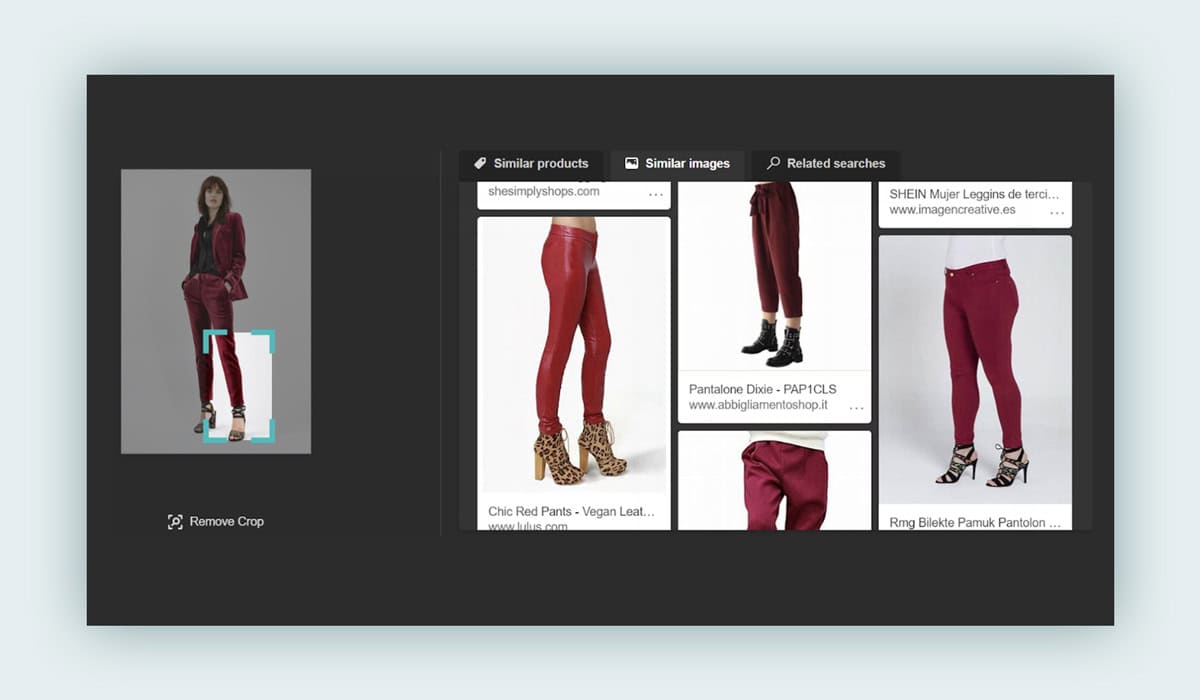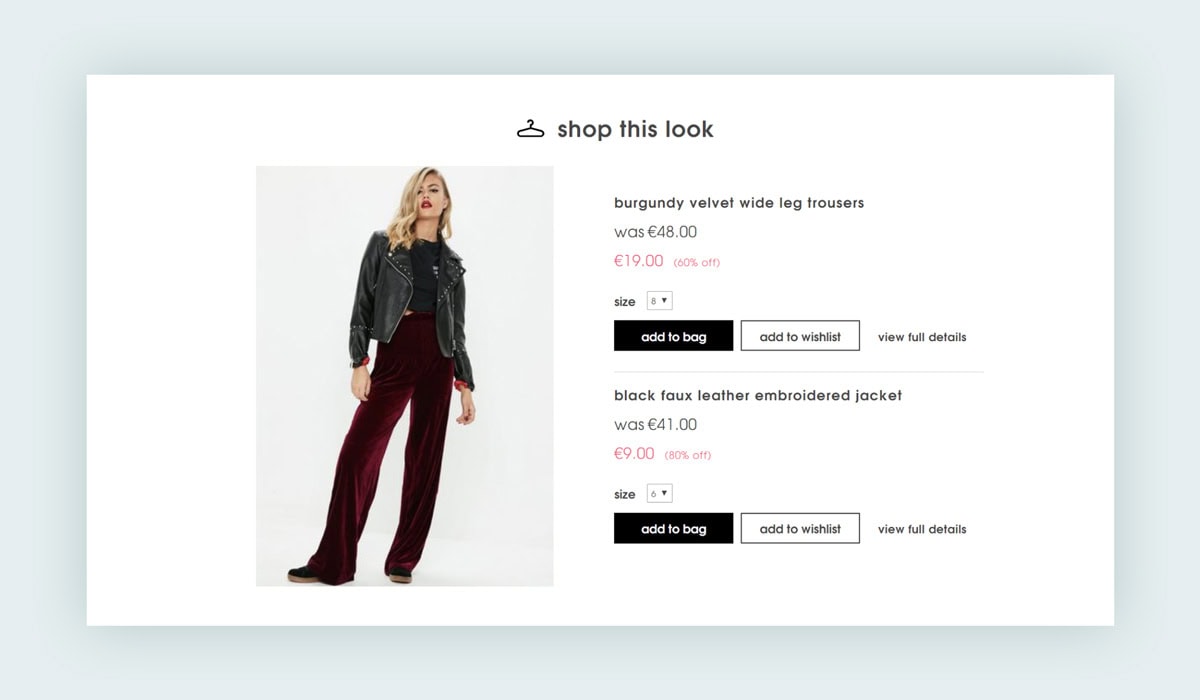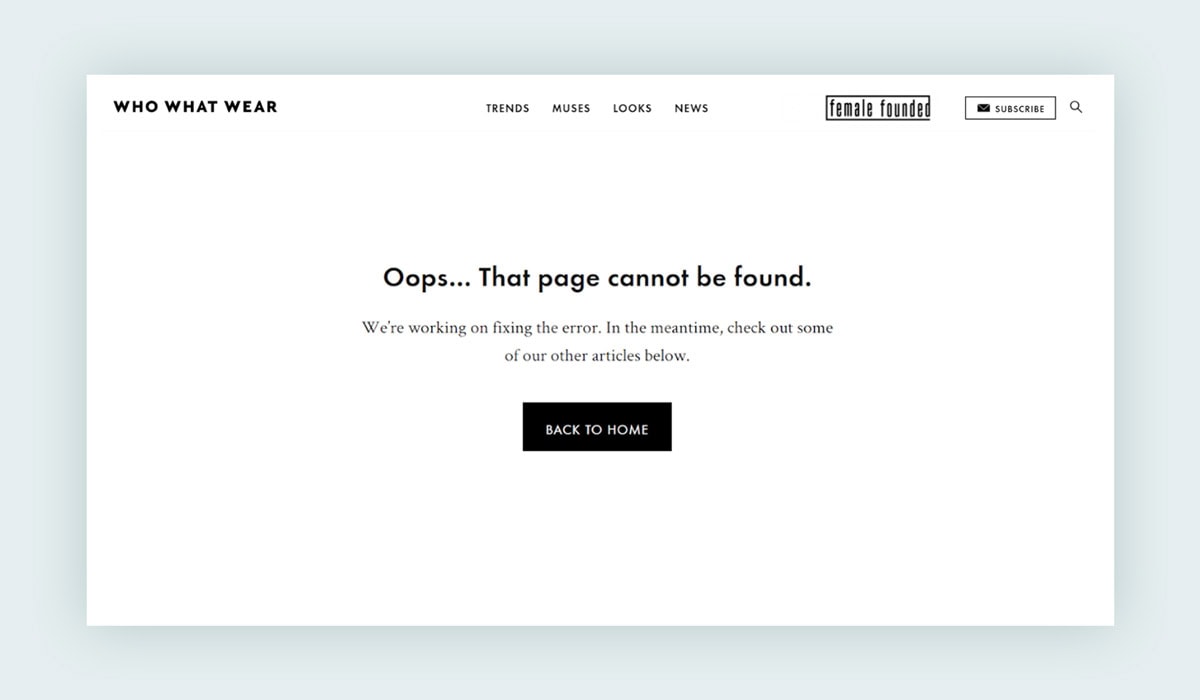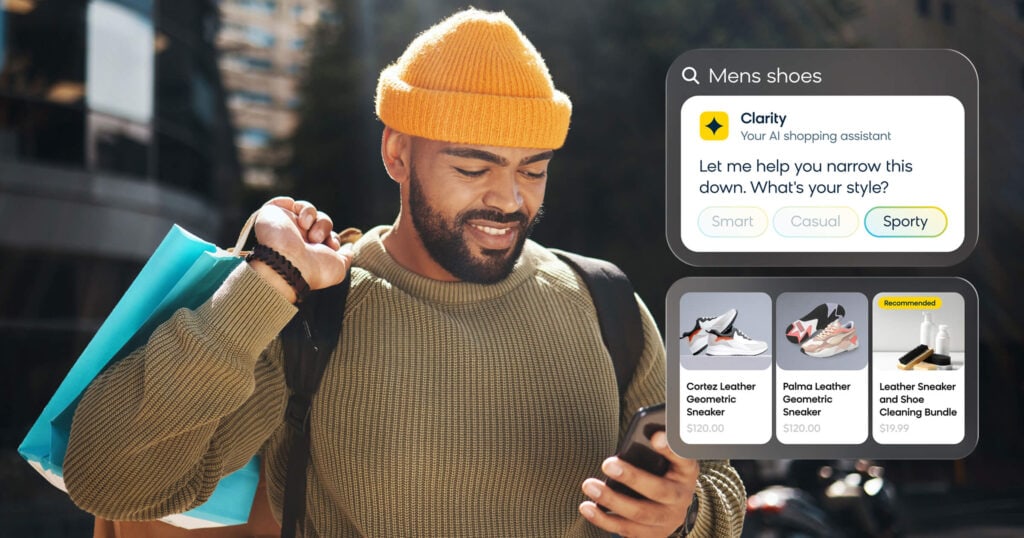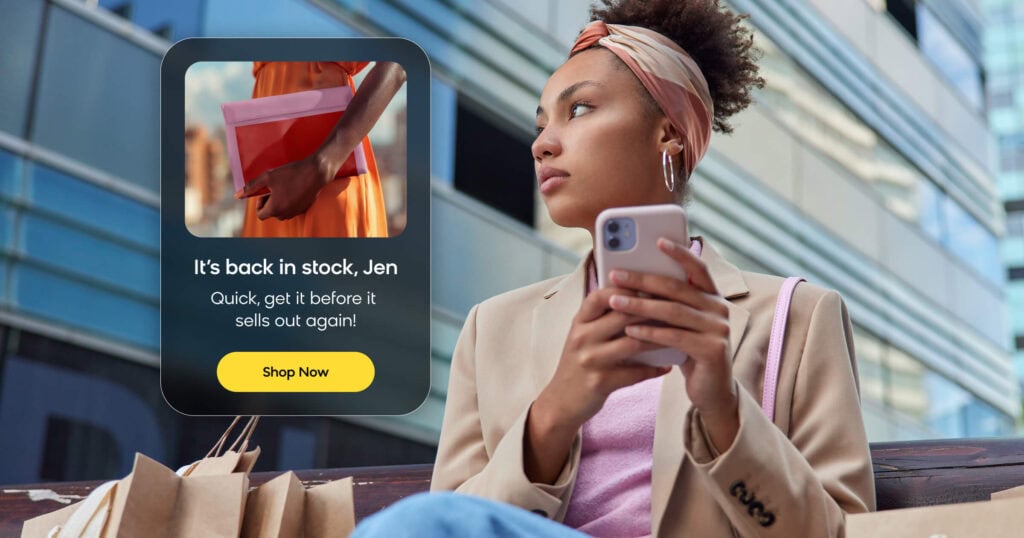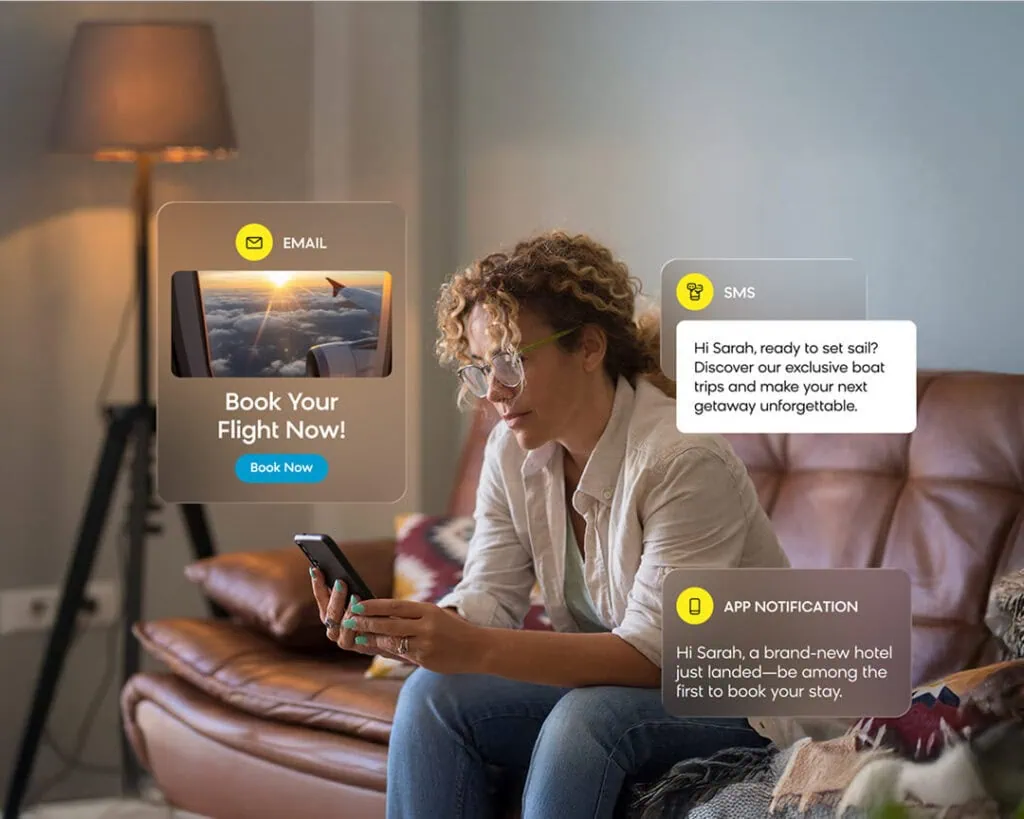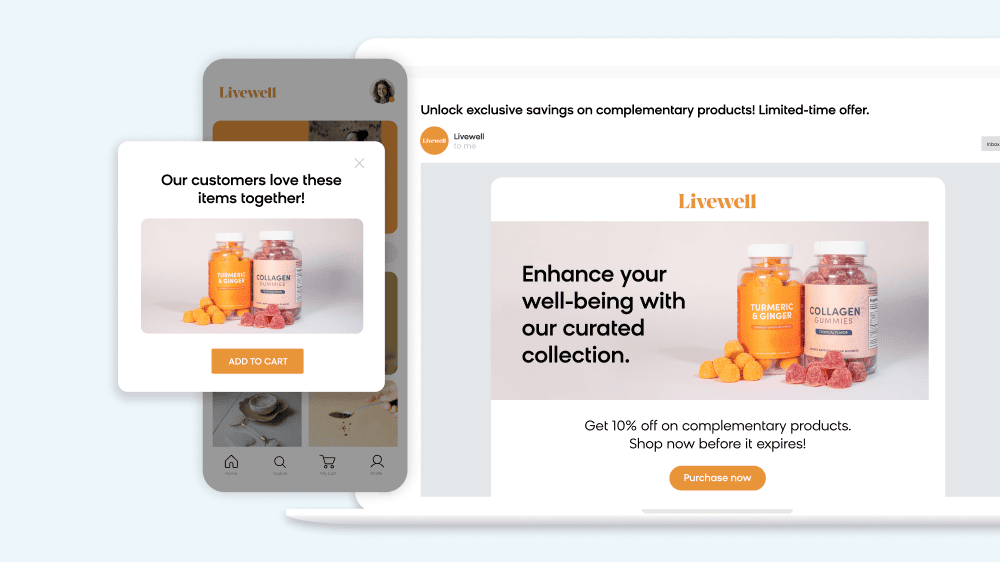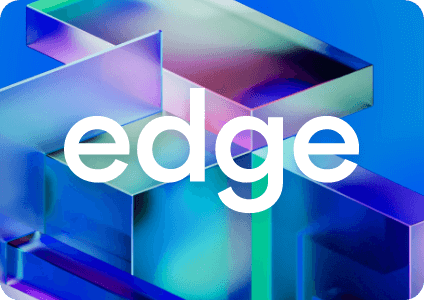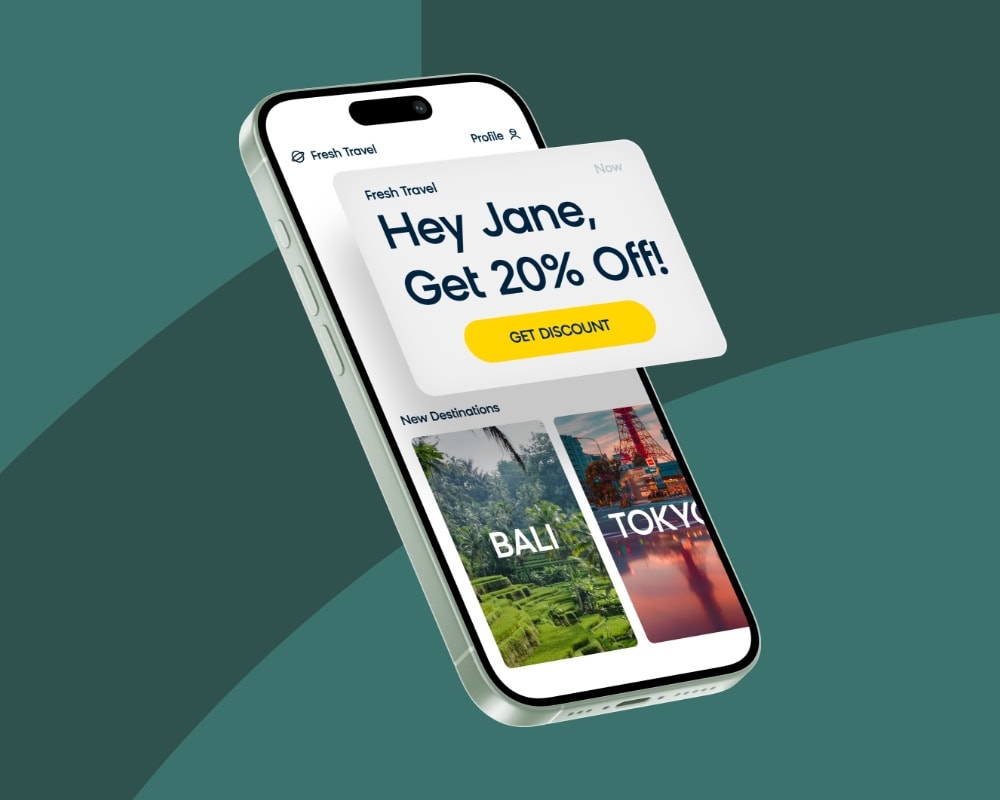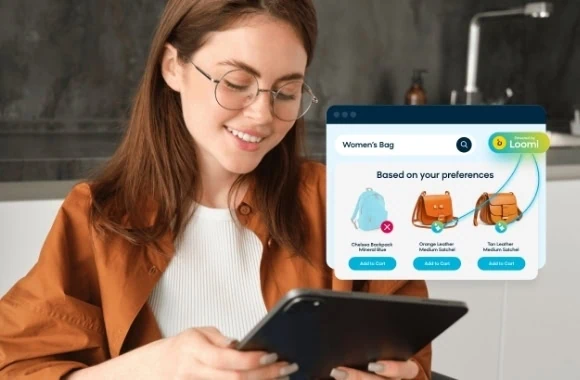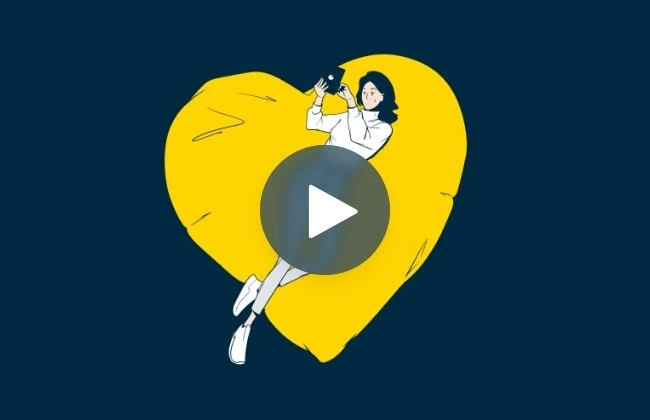How does your customers’ flow relate to the ideal customer experience?
In digital commerce, when we think of flow, we think of the paths that customers follow in our online stores. But in psychology, flow refers to a mental state. It’s what people experience when they’re completely absorbed by an activity, losing their sense of space and time.
The ideal customer experience intertwines these concepts of flow: the user flow paths that we design should avoid disrupting the customer’s flow.
The consulting firm Bain & Company understands this difference as the delivery gap. Their research indicates that only 8% of online store customers feel that the user experience delivers to their needs.
Understanding Your Customers’ State of Mind
Imagine a customer who is absorbed by the idea of undergoing a makeover for the December holidays.
Having been inspired by several Fashion Influencers on Facebook and Instagram, our customer envisions her ideal December holiday look. She types the keywords “red velvet trousers” in Google’s image search and finds images that link to various online store offers.
Analogous to solving a puzzle, our customer visits several online stores and browses their collections to discover different angles to complete the look she has in mind: Can she combine the offers with her wardrobe items? Does she have the budget to purchase that particular look from the online store she’s currently browsing?
How to Satisfy Your Customers’ Flow Experience
The key to maintaining the customer’s flow lies in the design of the landing page. A customer’s flow state is characterized by its creativity and joyful, curious exploration of an idea. The landing page should, therefore, be frictionless to the customer’s flow experience.
A good practice landing page design should be able to facilitate the customer’s creativity by placing the online store offers in the light of the customer’s vision and making the relationship between that vision and the offers browsable.
Online stores with unoptimized user flows are likely to present items that are unrelated to the customer’s vision of completing this particular fashion style, potentially disrupting the customer’s flow and therefore missing out on good conversion opportunities.
But how do you know what vision this customer has in mind and what strategy they’ll use to act upon this knowledge?
Determine the Route Your Customers Have Taken to Your Online Store
Customers don’t arrive on a particular page on your site from nowhere. Their interests can be determined by the route they’ve taken to your online store. Your banner advertisements, email newsletters, and social media posts, all contain a link to your website.
Adding UTM tags to these links can help you determine the customer’s origin. Also, if a customer clicks on an image in Google’s or Bing’s image search, then that individual is clicking on a link to that particular image on your website. Each of these sources can be paired with a landing page that intends to maintain that customer’s flow.
Learn How Your Customers Use Search Engines
Searches with a strong emphasis on fashion and design tend to have an image-oriented customer journey.
Customers start off by typing a text description in Google or any other search engine. In turn, the search engine displays several key results:
- Visual online store offers
- Images
- A list of links to the category and product pages.
The customer’s image-oriented journey does not stop at the search engine’s results page.
Bing, Microsoft’s search engine competitor to Google, has a “similar products” section on their image results page.
This section links the presented images to online store offers that have similar visual features.
Customers can further specify their queries by using the “visual search” function. This feature enables customers to select specific features of the image they’re viewing.
If, for instance, the image is a head-to-toe photo of a person, the customer can select the jacket, shirt, trousers, or shoes, and the “similar products” section will update accordingly.
How to Maintain Your Customers’ Flow [Strategy 1]
Once the customer lands on the product page of the selected product, a good practice approach is to have the browsability of your offers set up in a manner that is empathetic to the characteristics of an image-oriented journey.
The customers’ flow can be maintained by ensuring that the product page presents the same image:
- In the case of a head-to-toe photo, a “shop the look” section is likely to contribute to this flow.
- In the case of an item photo, a recommendation section should be based on the visual characteristics of the image.
There are two commonplace bad practices among online stores that are highly disruptive to the flow:
- Having no policy that prevents outdated images from remaining in Google or Bing’s cache. This will lead to customers clicking on non-existent items.
- Not routing customers to the product page if they click on the image in Google’s or Bing’s image search. Images on these search engines are not linked to the product page, but to the image itself on the online store’s server. The customer is therefore not able to land on your website. However, web servers can be configured to route customers to the product page if the link directs to an image.
These improvements to the customer journey will lead to a more professional appearance of your online store and increased conversions.
Social Media Influencers as a Part of the Customer Journey
Particularly in the fashion, beauty, and travel verticals, businesses seek to reach their potential customers by forging relationships with influential people on Facebook and Instagram and orienting their marketing activities around them.
In turn, these Influencers present themselves as ambassadors of these businesses. This form of marketing derives its value from:
- The social reach of the influencers in these networks
- The original content they produce
- The trust that they have among their audiences.
Understand the Impact Influencers Have on Your Customers
An ordinary individual cannot become an influencer overnight.
Fashion Influencers often started their careers as fashion models.
Travel Influencers often had occupations that required frequent travel, such as management consultants, photographers, and English teachers.
They’ve grown into their Influencer role due to their lengthy personal investment in intertwining and sharing their professional and personal experiences as blogs, Facebook posts, or Instagram pictures.
The reason why Influencers have the trust and loyalty of their audiences is due to their authenticity. Their voice is inclusive of their lifestyle, philosophy, view on aesthetics, and their opinion on world events, and they use this voice to present their subject matter expertise.
How to Maintain Your Customers’ Flow [Strategy 2]
The flow, in this regard, is characterized by the emotional involvement in the influencer’s personality and the empowerment brought upon by their message.
Therefore, in order to maintain the customers’ engagement on your online store’s landing page, its design would need to be grounded in features that represent the influencer.
The landing page could include a small interview, a comment or a guest blog post that is related to the product, quotes or recommendations based on Influencer’s aesthetic views.
The research department of the marketing agency Hill Holiday discovered that customers were 5% more likely to purchase from a product page with an engaging story, and they were willing to pay 6 – 11% more for the same item.
Email Newsletters as a Part of the Customer Journey
Fashion & design newsletters do not necessarily intend to nurture or maintain a state of flow, but they can be designed with the aim to trigger a flow state in the customer.
Learn About the Design and Structure of a Newsletter
Such newsletters need to present a themed collection of items (i.e., “autumn colors” or “contemporary vintage”) that strike a balance between novelty, typicality, and surprisingness.
These items must also relate to each other in a “playable” manner. They must be complementary to each other so the customer can mentally combine and recombine the items into a look that speaks to their sense of identity.
How to Maintain Your Customers’ Flow [Strategy 3]
The landing page for such a newsletter should have the same features. It should offer the same theme and playability of the presented items.
The items should also be sorted based on their relevancy to the customer, leading to increased conversions and increased browsability of your online store.
Maintain and Nurture Your Customers’ Flow to Provide an Improved User Experience
Optimizing your landing pages to maintain and nurture your customer’s flow can be a beneficial addition to an online store with a well-designed user experience. Businesses that pursued these optimizations indeed saw significant increases in their conversion rates. Furthermore, the psychological concept of flow can also open up new alleys in online store design.
The topic of triggering a flow state in the customer when visiting an online store and the potential impact on revenue is an unexplored domain in the user experience design of online stores.
Re-imagining the category and product pages from the perspective of letting the customers’ mix and match items will speak to their sense of play.
Such mechanisms, borrowed from flow psychology, have a high likelihood of absorbing your customer into the playful world that your online store has become, ultimately resulting in higher conversion and customer retention rates.


